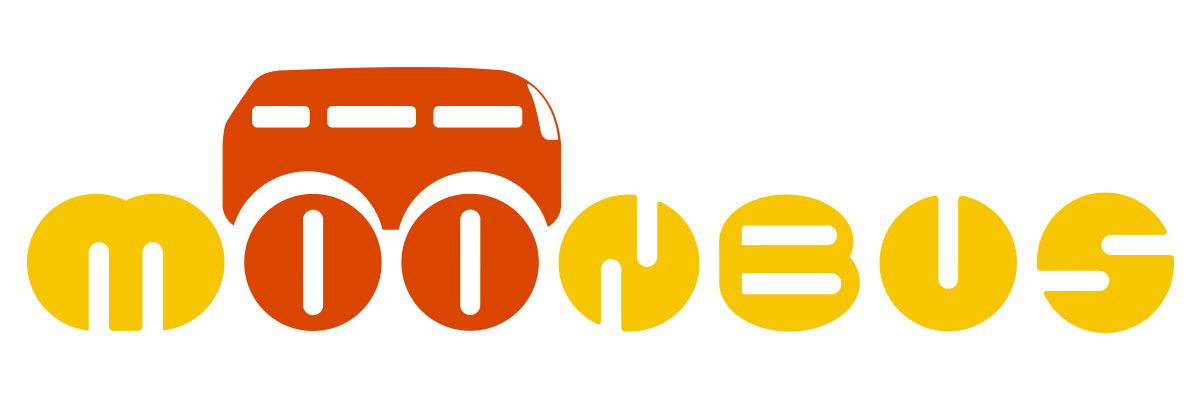9 Things You're Missing to Personalize Digital Marketing For Your Local North Carolina Audience
Personalization in digital marketing refers to tailoring marketing content, messages, and experiences to individual users or specific segments of your audience based on their preferences, behavior, demographics, and other relevant data. The goal of personalization is to create more relevant and engaging interactions with users, ultimately leading to improved user satisfaction, higher conversion rates, and increased customer loyalty. Here's a simplified explanation:
Personalized Content: This can include personalized product recommendations, email content, website messaging, and advertisements. For example, an e-commerce website might suggest products based on a user's past purchases or browsing history.
Email Personalization: Use personalization in email marketing by addressing recipients by their names, segmenting email lists based on user behavior or demographics, and delivering content that matches individual preferences and interests.
Website Personalization: Websites can dynamically adjust content and offers based on user behavior. For instance, an online news site might display articles related to a user's past reading habits or location.
Behavior-Based Recommendations: Many digital platforms use algorithms to recommend products or content based on a user's previous interactions. This is common in e-commerce, streaming services, and social media platforms.
Geo-Targeting: Personalization can extend to geographic location. For instance, a restaurant's website might display the nearest locations and menus based on a user's current location.
Personalized Marketing Campaigns: Create personalized ad campaigns that target specific user segments based on their interests, behavior, or demographics. This can lead to more effective ad spend and higher conversion rates.
Personalized Customer Journeys: Design personalized customer journeys that consider where users are in the sales funnel and deliver relevant content or offers at each stage to guide them toward conversion.
Personalized Recommendations: Content platforms like Netflix, Spotify, and Amazon leverage user data to offer personalized recommendations for movies, music, and products.
A/B Testing for Personalization: Conduct A/B tests to fine-tune personalization strategies, comparing the performance of personalized content or recommendations against non-personalized versions.
The benefits of personalization in digital marketing include improved user engagement, increased customer loyalty, higher conversion rates, and more efficient marketing spend. This means more revenue for your local North Carolina business. Personalization demonstrates to users that a brand understands their needs and preferences, leading to a more positive and personalized experience, which leads to more revenue for your business.
However, it's essential to balance personalization and privacy, ensuring that users have control over their data and how it's used for personalization. Personalization efforts must be carried out while respecting user privacy and obtaining proper consent. Compliance with data protection regulations, such as GDPR and CCPA, is crucial.
